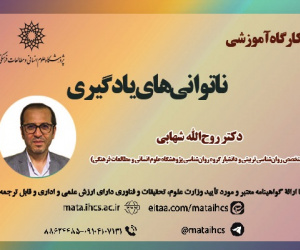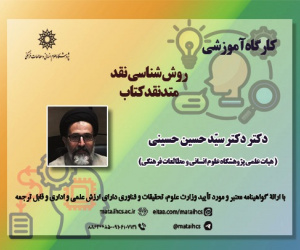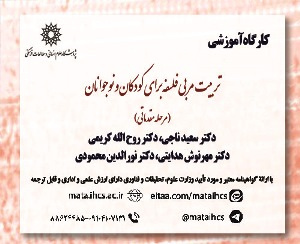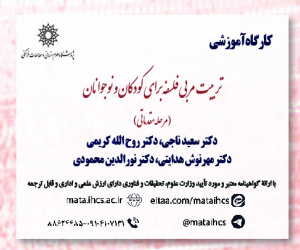امکان سنجی مسئولیت کیفری در هوش مصنوعی بر پایه مبانی فلسفی آن
آرشیو
چکیده
هنگامی که یک ماشین هوشمند یا یک ربات که از مصادیق هوش مصنوعی می باشند، مرتکب جرمی شوند، اولین چیزی که به ذهن خطور می کند، این است که مسئولیت کیفری آن چگونه است. مسئولیت کیفری انسان بر پایه ارداه و قصد مجرمانه و شروط یگری است که در قانون ذکر شده است، اما اراده و قصد هوش مصنوعی در ارتکاب جرم مثل اراده و قصد انسان نیست. این پژوهش به بررسی مفاهیم مسئولیت کیفری هوش مصنوعی، و رویکردهای موجود نسبت به هوش مصنوعی می پردازد؛ سپس دو رویکرد فلسفی متضاد نسبت به پدیده های مصنوعی را که عبارت از انسانی بودن و ابزاری بودن، و فرض های مختلف را ارزیابی و نقد کرده و مواد قانونی مسئولیت کیفری موجود را که برای انسان مجرم در نظر گرفته شده را بیان کرده و با تحلیل ماده های قانونی که برای انسان دارای اراده مبتنی بر نفس وضع شده، به این رهیافت رسیده است که با توجه به ماهیت جدید پدیده های مصنوعی قوانین فعلی، پاسخگو برای مواجه کیفری با هوش مصنوعی نیستند؛ چرا که بعد از ابهام قوانین موجود نسبت به مفاهیمی مثل اراده غیرمبتنی بر روح، پذیرش تفسیر کردن این قوانین توسط مرجع رسمی، اگرچه باعث رفع ابهام می شود، اما سبب گنگی دستگاه قضایی نسبت به بحث کیفری در این حوزه خواهد شد و مسئله را حل نخواهد کرد.Feasibility Assessment of Criminal Liability in Artificial Intelligence based on its Philosophical Foundations
When an intelligent machine or an autonomous robot, as the ample examples of artificial intelligence, commits a crime, what first comes to mind is its criminal liability. Human criminal liability is based on the will and criminal intent and other conditions mentioned in the law, but the will and intent of artificial intelligence in committing a crime is not like the will and intent of humans. This research here, examines the concepts of criminal liability of artificial intelligence, and the existing approaches to artificial intelligence; it evaluates and criticizes two opposing philosophical approaches towards artificial phenomena, namely humanness and instrumentality, and various assumptions, and states the existing legal provisions of criminal liability intended for criminal humans. By analyzing the legal provisions that have been enacted for humans with self-will, it has reached the following approach as below, considering the new nature of artificial phenomena, the current laws are not responsible for criminal confrontation with artificial intelligence; Because regarding the ambiguity of existing laws toward concepts such as non-spiritual will, accepting the interpretation of these laws by an official authority, although it will remove the ambiguity, will cause the judicial system to be dumbfounded regarding criminal discussions in this area and will not solve the problem.











